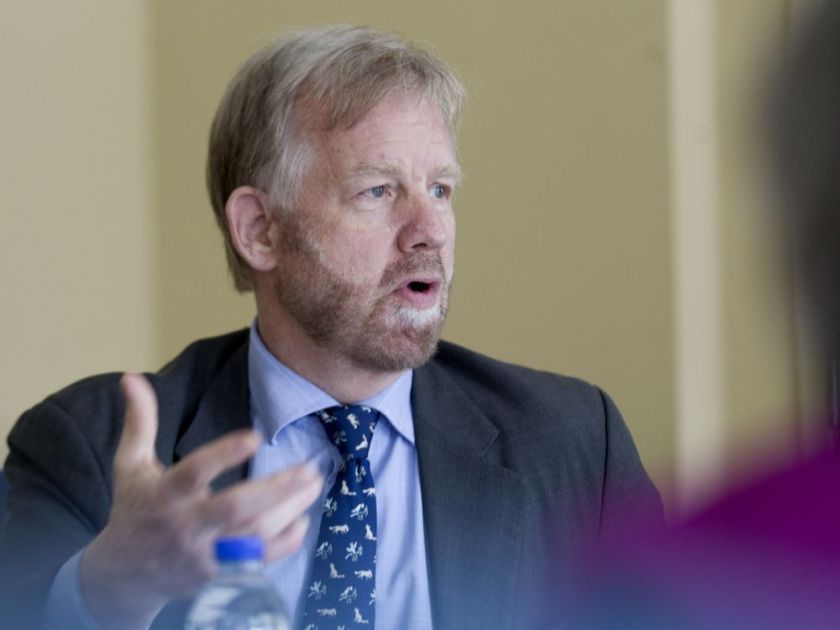Disturbing, disruptive, divisive, catastrophic.
Those are some of the words the head of a network of Quebec anglophone groups used Friday to describe the incoming Coalition Avenir Québec government’s plan to ban the wearing of religious symbols on the job by public employees in positions of authority.
Under Premier-designate François Legault’s proposed new law, which he said Friday he would try to get passed in his first year, elementary and high school teachers, police officers, prosecutors, judges and prison guards would have to remove their Muslim hijab, Jewish kippa or Sikh turban or lose their jobs.
“If they actually did it, it would be catastrophic, seriously tearing the community apart,” Geoffrey Chambers, president of the Quebec Community Groups Network, told the Montreal Gazette.
“You can’t take people who are in positions of authority and responsibility and go there for some reason and just basically push them aside on the grounds that something they’ve been doing their whole lives is now illegal and not think that that will be very disruptive.”
Chambers, whose network represents more than 50 anglophone groups, added: “There are quite a lot of people in our community who are going to get caught. This is not hypothetical.”
He said “there would be very strong support (in the anglophone community) for people who are targeted that way. It would create a lot of conflict.”
On Tuesday, Legault, who has yet to be sworn in as premier, indicated that in his effort to create the law he is ready to invoke the notwithstanding clause in the Charter of Rights and Freedoms.
“It’s very unfortunate that this issue should have come up at all and that it should come up so early in the mandate is very disturbing,” Chambers said.
“It seems to indicate that they intend to proceed on a legislative path here. It’s not just going to be a thematic question that they talk about now and again but don’t act on.”
Chambers said such a ban “will be extremely divisive and we can’t see a way (in which) they can act that wouldn’t end up being a constitutional issue, and then if they want to override the Constitution that’s an additional problem.”
There are concerns the law could be extended to other public employees such as hospital administrators and other high-ranking civil servants, Chambers said.
Legault’s plans were also denounced Friday by the Ligue des droits et libertés. The Quebec human rights group said it felt the need to “remind the new government of its obligation to respect the human rights of all.”
“Several declarations by François Legault during the election campaign and in the aftermath of the elections are of great concern to the organization,” the Ligue said in a press release.
It pointed to the CAQ’s plan to impose “Quebec values” and French tests on new immigrants, failing which would result in expulsion, as well as the proposed prohibition on religious symbols for some state employees.
“Not only would these different measures violate many human rights, but simply proposing them may increase the racism and discrimination that immigrants and racialized people are already experiencing,” said Christian Nadeau, the group’s president.
Jewish advocacy group B’nai Brith Canada also urged Legault to reconsider his plan.
“We call on the CAQ to avoid the slippery slope of diminishing fundamental rights and work instead to secure religious liberties for all Quebecers,” Quebec Regional Director Harvey Levine said in a statement sent Friday. “The banning of religious symbols, and the possible firing of public employees who freely express their religious beliefs, is an assault on the fundamental rights and freedoms of Quebecers.”


























